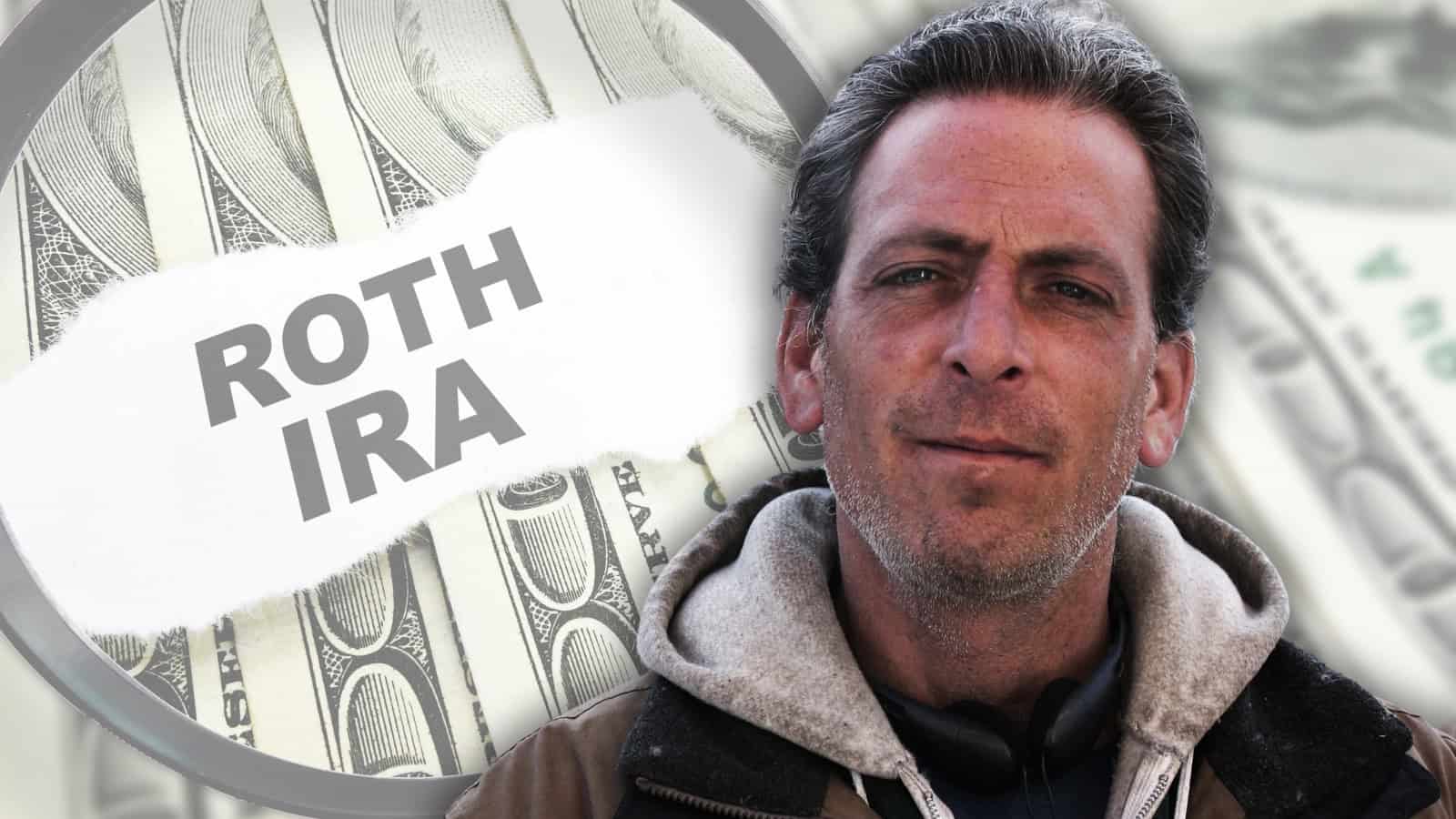
"Retirees need to stay informed about income taxes, as the potential threat of enforced tax collection has decreased, allowing current tax brackets to remain stable."
"Most retirees, no longer actively employed, may benefit from converting tax-deferred accounts to Roth IRAs at a lower tax bracket to minimize future taxes."
"The management of Roth IRA conversions should focus on timing when retirees are not working, ensuring tax impacts are minimized during these years."
"With Trumpâs focus on lowering tax rates, current tax brackets seem stable, allowing retirees to confidently plan their Roth IRA conversions."
The article highlights the importance of tax awareness for retirees, especially in light of changing IRS enforcement dynamics. With no significant threat from proposed tax enforcement personnel, retirees can focus on the tax implications of their income sources, primarily passive investments and social security. Converting tax-deferred accounts to Roth IRAs at a lower tax bracket is advised to maximize tax efficiency. Moreover, retirees must consider Required Minimum Distributions (RMDs) that will affect their overall tax obligations in later years, indicating the need for timely planning and individual strategies based on personal circumstances.
Read at 24/7 Wall St.
Unable to calculate read time
Collection
[
|
...
]